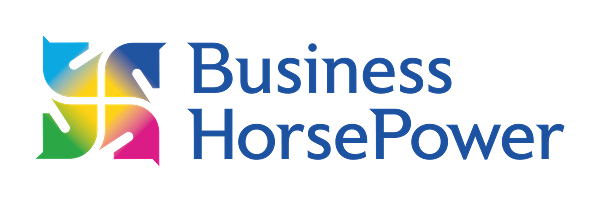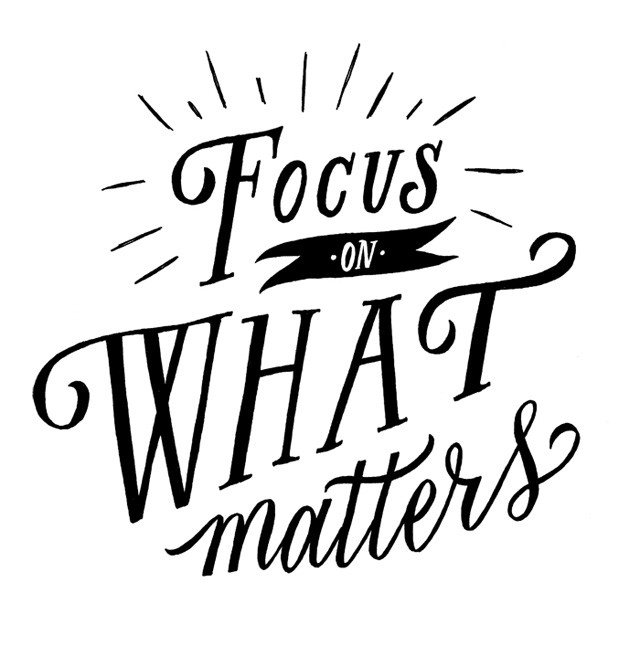It doesn’t matter what you do in life staying FOCUSED is paramount to ensure your success. Steve Jobs, the founder of Apple, had laser-like focus and cites staying focused as one of the key leadership skills any business owner must have. Staying focused also means that often you need to streamline your offering. According to Jobs it is better to do a few things really well rather than loads poorly. Can you think of a time when you have experienced a mediocre product or service because the company was distracted by too many competing priorities. Success will always elude you until you get focused.
At a Garden Party in 1994 William Gates II (the father of MicroSoft founder Bill Gates III) posed this question to his distinguished dinner guests who were at the time the two richest men in America:
“What factor do you feel was most important to getting where you’ve gotten in life?”
Both guests, Warren Buffett and Bill Gates replied focus.
Everyone knows focus is vital for achieving success. But how do you get focus? And once you have it, how do you keep it?. The recipe for focus has two ingredients.
- The first ingredient is clarity about what you want to do. No surprises here. When people talk about defining specific goals; casting a clear vision; or describing what success looks like they are talking about variations on this one critical point.
- The second ingredient is killing the other things you also want to do. This second ingredient is far less obvious, and far more forgotten. Our natural tendency is to assume that if we just get really clear about what we want to achieve that the seas will part and distractions will magically evaporate. That’s the positivist approach. Reality calls for a reductionist approach.
In an interesting study, the NYU psychologist Peter Gollwitzer found that writing action plans in a “distraction-inhibiting” way is more effective at keeping us focused than writing the plans in a “task-facilitating” way. For example, let’s say your goal is to reach a certain sales target for the week. To achieve that goal, you know you that you need to start your day by making sales calls right off the bat. So, you might set a calendar reminder for yourself that says “the first thing I will do is make 3 sales calls to customers A, B, and C!”
The problem is that this crystal clear “go get em’!” plan doesn’t say anything about the emailing, water cooler chats, and Facebook status updates that will compete for your attention first thing in the morning. Gollwitzer’s research suggests that the best approach to distraction is not doubling your efforts toward the goal, but preemptively naming and avoiding the likely distractions.
I’ve started applying this to my own daily habits and it’s working wonders. For example, when I need to focus on writing this newsletter I write “NO EMAIL!! Write your ezine” and then I turn my phone and email off to ensure that I get no distractions.
As Steve Jobs noted “Deciding what not to do is as important as deciding what to do”. So my question to you today is what will you say No to, in order to stay focused on what you really want and rein in that business chaos.





